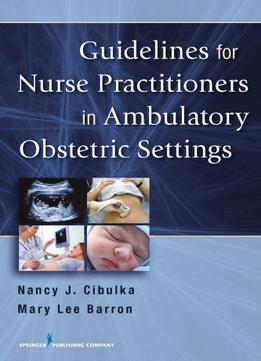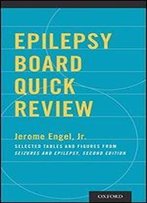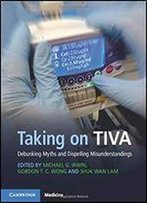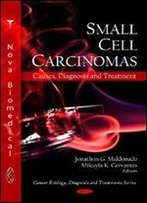
Guidelines For Nurse Practitioners In Ambulatory Obstetric Settings
by Mary Lee Barron /
2013 / English / PDF
13.8 MB Download
“The authors have crafted a very user-friendly set of guidelines, identifying the steps in assessment of patients for risks, outlining the objectives for care from preconception through postpartum, and addressing care for pregnant HIV positive women…[the book] includes avenues to electronic resources to assist them in accessing the newest information in ever-evolving and changing practice environments.” ―Joellen W. Hawkins, RNC, PhD, FAAN Professor Emeritus, Boston College Connell School of Nursing Writer in Residence, Simmons College, School of Nursing and Health Sciences "This is a concise, yet comprehensive book. I would recommend that any advanced practice nurse working in obstetrics have it on the bookshelf. It could also be used as protocol manual for small practices." Score: 100, 5 Stars.–Doody's Medical Reviews This is the only comprehensive source of current, evidence-based guidelines for advanced practice nursing management of the obstetric patient in an ambulatory setting. Encompassing preconception, prenatal, and postpartum nursing care, it stresses the importance of recognizing pre-existing complications of pregnancy and identifying obstetric complications. The book provides best practices for care of uncomplicated pregnancies throughout the gestation period and covers preconception care, basic genetic counseling, and outpatient postpartum care, as well as assessment and management of common postpartum problems, health promotion, and lactation issues. It addresses medications that can be safely used during pregnancy and antenatal surveillance recommendations. The book is written by nurse practitioners with combined experience of more than 50 years of practice in women’s health and obstetrics. Written for NPs, CNMs, and PAs, it provides a consistent, easy-to-access outline format that includes definition, etiology, history, physical exam, lab exam, differential diagnosis, treatment, complications, consultation/referral, and follow-up. Tables and diagrams further illustrate and reinforce the content, and numerous websites and bibliographies offer sources for additional study. Key Features: Presents the first comprehensive, up-to-date source of guidelines for preconception, prenatal, and postpartum nursing care in ambulatory settings Formats guidelines clearly and consistently for easy access to clinical information Provides key assessments including laboratory and ultrasound diagnostics Includes the latest trends in preterm labor prevention, disaster planning, and HIV in pregnancy. Covers early parenting issues and breastfeeding for success Provides guidelines for identifying complications and when to refer for specialist care











